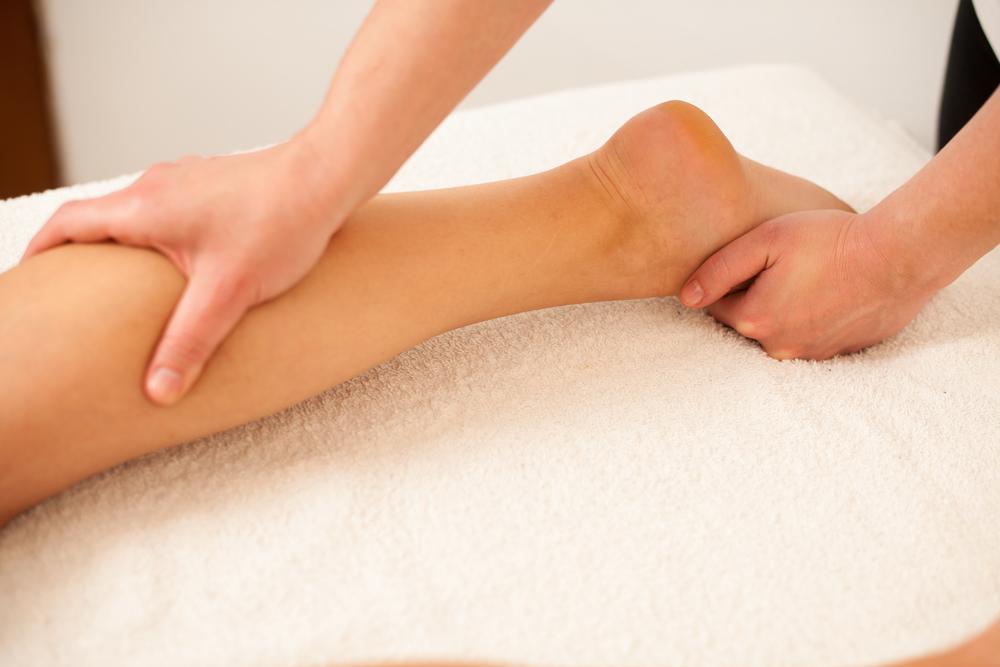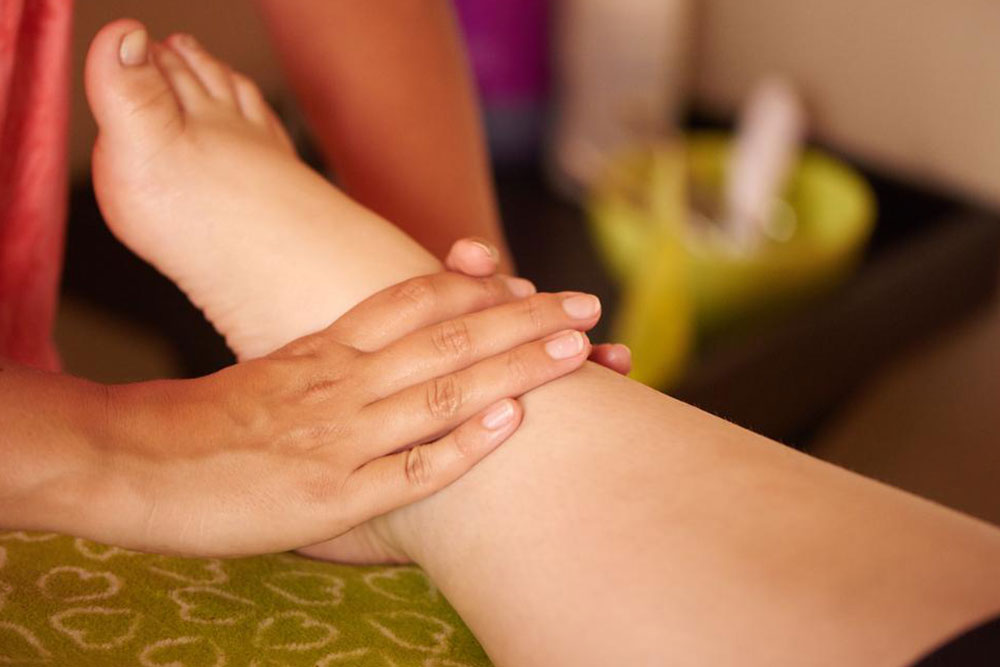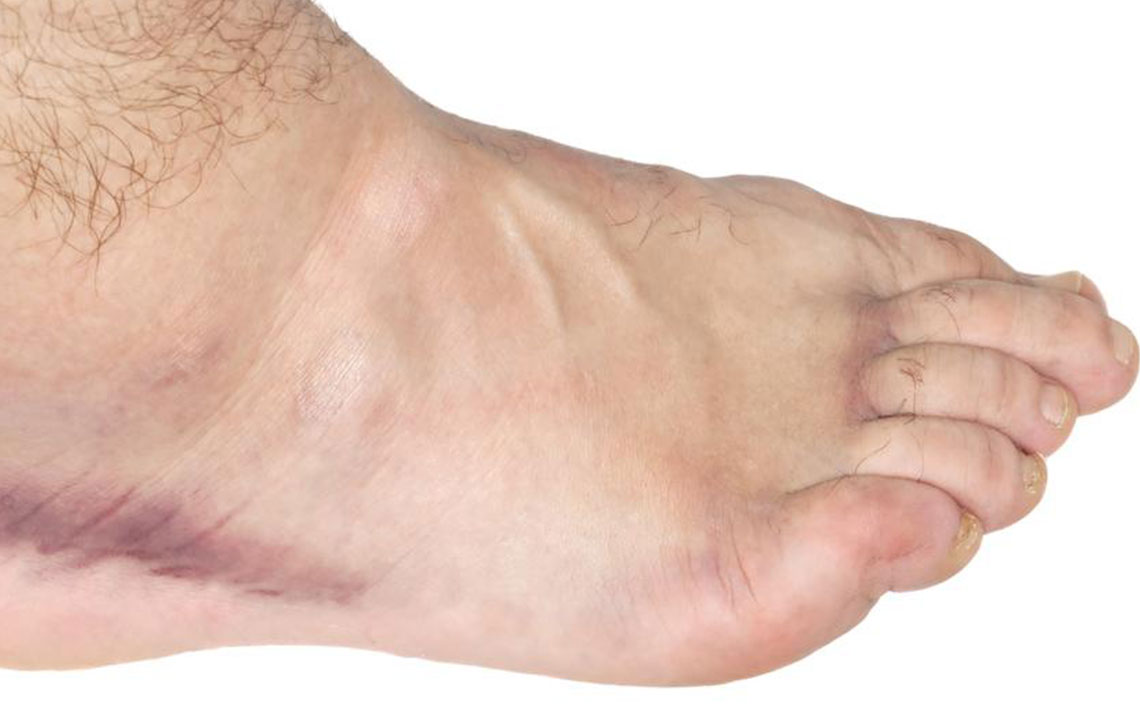Effective Strategies to Reduce Swollen Feet and Ankles
Discover effective methods to reduce swelling in feet and ankles. From lifestyle modifications and home remedies to when to seek medical help, learn how to manage this common issue. Simple tips like compression, leg elevation, and salt reduction can provide relief. Consult a healthcare professional if swelling persists to rule out underlying health conditions. Preventative measures and timely intervention are key to maintaining healthy legs and feet.

Effective Strategies to Reduce Swollen Feet and Ankles
Swelling in the feet and ankles is a common concern that many individuals experience, especially after long periods of standing or walking. While often harmless, persistent swelling accompanied by other health issues should prompt a visit to your healthcare provider. Identifying the underlying cause is crucial for appropriate treatment. Causes may include pregnancy-related changes, injuries, high salt intake, allergies, or medication reactions. While minor swelling usually resolves on its own, ongoing discomfort signals the need for medical assessment and targeted treatment options.
What factors contribute to swollen feet and ankles?
Pregnancy complications can cause swelling, especially if it worsens after the 20th week, with accompanying symptoms like high blood pressure, protein in urine, nausea, or vomiting warranting medical attention.
Injuries to the ankles or legs can lead to swelling.
A diet high in salt and carbohydrates can cause fluid retention.
Sodium buildup in the body may also be a culprit.
Allergic responses to medications or certain products can cause swelling.
Use of hormonal contraceptives can contribute to fluid retention in women.
Should you be concerned about swollen feet?
Typically, minor swelling doesn’t indicate a serious health problem.
Persistent or severe swelling might signal issues related to liver, kidney, heart, or vascular health, necessitating a prompt medical consultation.
Untreated swelling from any cause can worsen over time, so early intervention is advisable.
Proven treatments for swollen feet and ankles
Seeking treatment promptly is essential—don’t ignore persistent swelling.
Compression therapy, available at drugstores, can alleviate discomfort and minimize fluid buildup.
Regular movement and exercises such as leg rotations or swimming enhance circulation and reduce swelling.
If overweight, losing extra weight can significantly lessen swelling.
Soaking in Epsom salt baths for 15-20 minutes daily can soothe swollen areas.
Magnesium supplements (200-400 mg) can help prevent fluid retention and reduce swelling.
Elevating your legs above heart level promotes fluid drainage and relieves swelling.
Additional tips for managing swollen feet and ankles
Reduce salt intake to prevent water retention.
Drink plenty of water to stay hydrated.
Avoid excessive use of laxatives.
Limit putting pressure on your feet and ankles.
Are medications necessary for swollen feet?
Minor swelling can often be managed with home remedies, without medication.
Persistent or severe swelling caused by underlying health conditions requires diagnosis and prescribed treatment from your healthcare provider.










